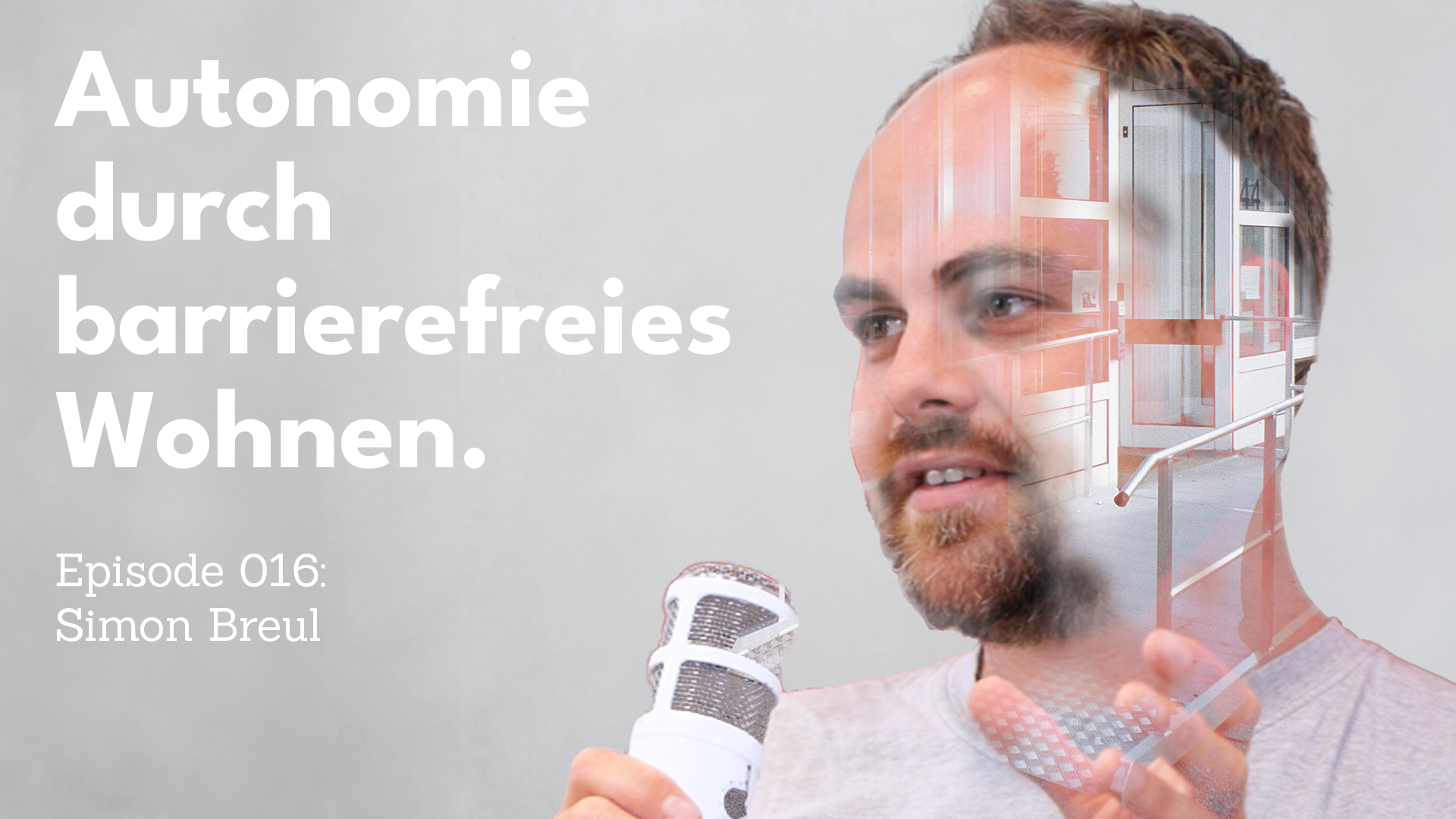In the latest episode of the “Digital Public Health” podcast, host Rasmus Cloes talks to Simon Breul, head of the kom.fort e.V. advice center in Bremen. The non-profit organization, which specializes in barrier-free building and living, supports people by providing advice and technical solutions to help them live independently in their own homes. His conclusion about digitalization is mixed.
Digitization for more comfort and safety in everyday life
Breul explains how simple digital aids such as an intelligent motion detector or voice control can already increase safety and orientation by, for example, making night-time trips to the bathroom safer. “Such technologies can be crucial in preventing falls and giving older people more autonomy,” says Breul. The preventive integration of digital aids at key points in the home, such as the bathroom, can significantly support the safety and independence of older people.
Challenges: acceptance and financial accessibility
Breul sees the high costs of modern smart home systems and their often low acceptance among older users as a challenge. At kom.fort e.V., interested parties can try out various devices in the showroom and experience how technical aids can make everyday life easier. The association is working to simplify access to such solutions in order to strengthen trust in digital technologies and increase acceptance.
Prevention is the key to greater independence
In the interview, Breul also discusses the importance of prevention. Digital emergency call systems can detect inactivity at an early stage, enabling them to flag potential dangerous situations and allow faster intervention. “An intelligent emergency call device that reacts to inactivity in the bathroom can save lives,” explains Breul. This preventive technology can help relieve the burden on the care system while at the same time increasing the independence of the people concerned.
Privacy concerns are slowing down their spread
However, Breul also sees privacy issues in the widespread use of digital technologies in the private sphere. Many systems are based on the collection of personal data, which creates uncertainty among users. More data protection and locally stored data could help to promote the acceptance of digital assistant systems and thus enable more people to access these innovations.
Looking to the future: what still needs to be done
Even though digital assistant systems offer great potential, Breul says there is still a lot to be done to make them accessible to broad sections of the population. Increased research and more personalized advice could help older people to live safely and independently in their own homes for longer.
Listen now on
YouTube | Spotify | Apple | Deezer
Find out more







